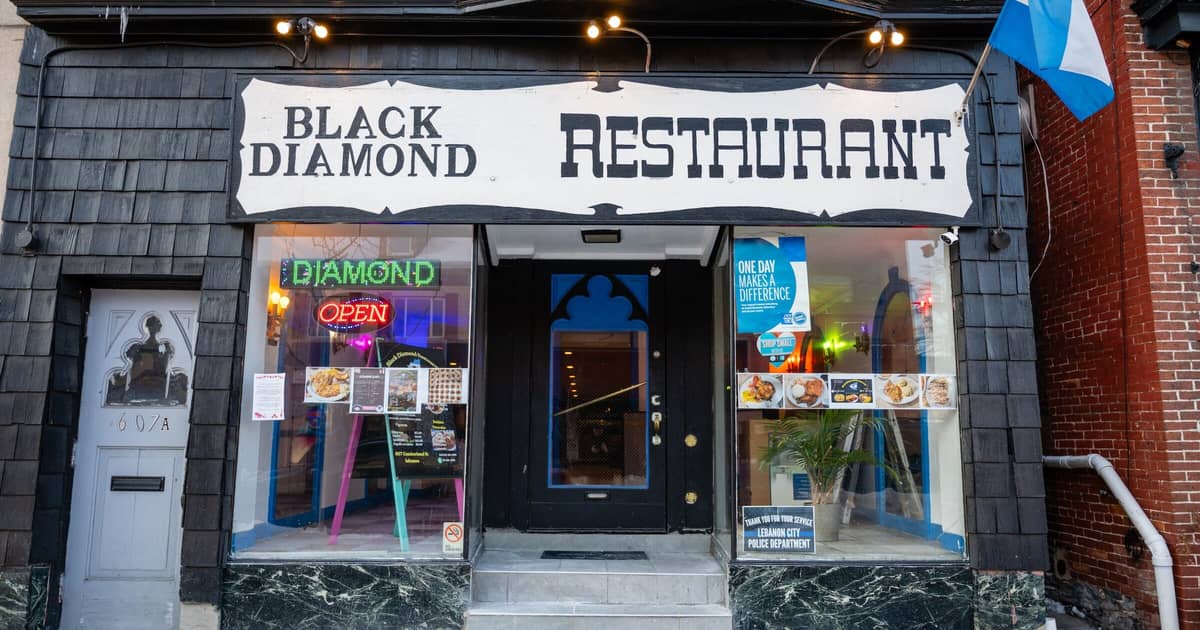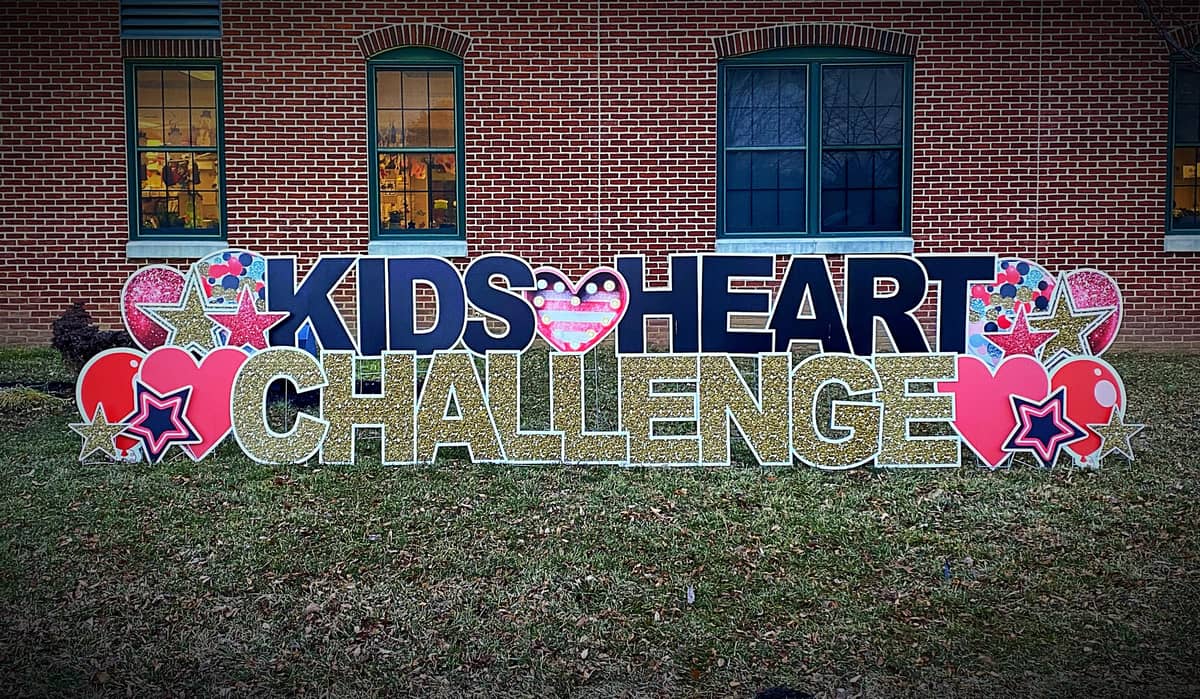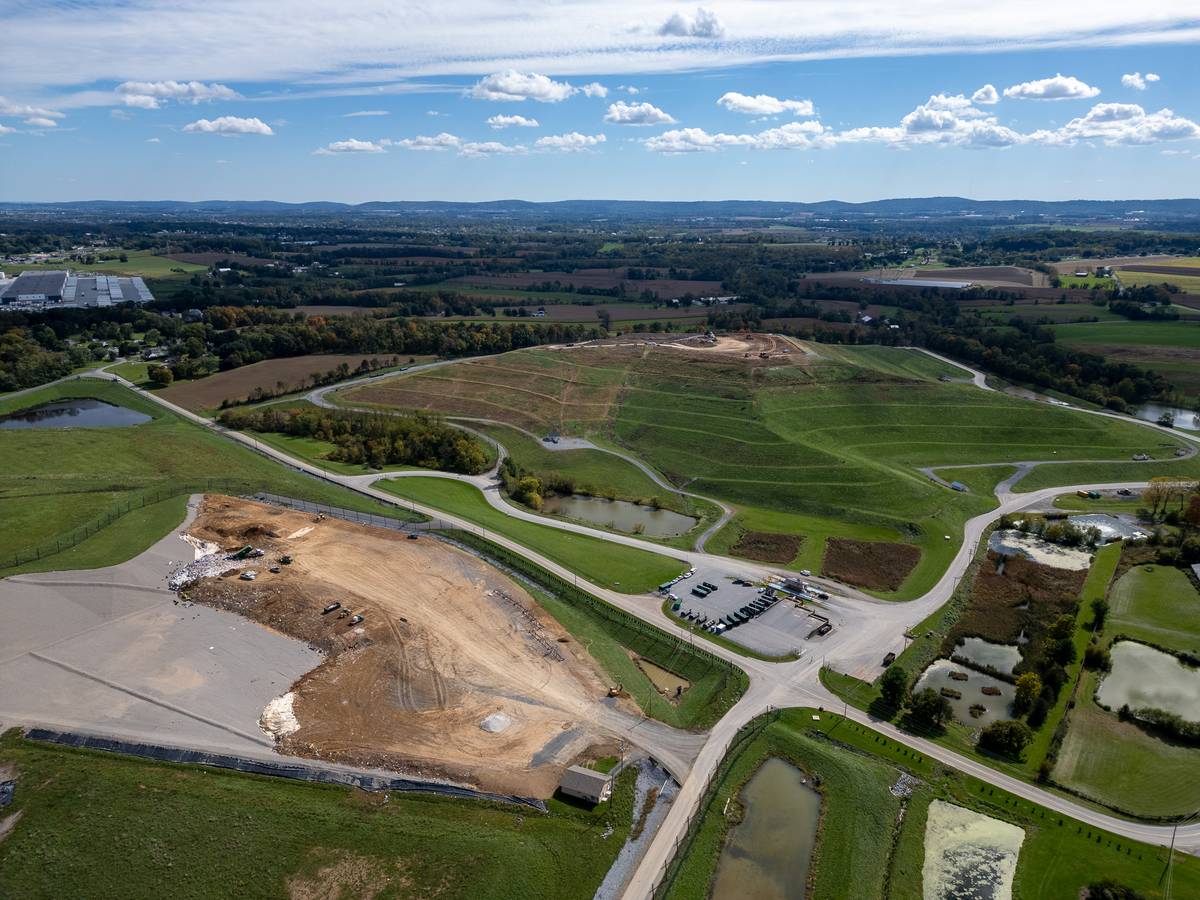This article was funded by LebTown donors as part of our Civic Impact Reporting Project.
Routine monthly monitoring of the Greater Lebanon Refuse Authority’s gas collection wells turned up abnormally high temperatures — close to 135 degrees Fahrenheit — in some wells, the board learned at a meeting on Tuesday, Feb. 4.
“Our wells typically run at 100 degrees Fahrenheit or less, so this was definitely something out of the ordinary,” GLRA Engineering manager James Zendek told the board.
As a precaution, wells within a 150-foot radius of those with high temperatures were closed off, and soil was added to cut off oxygen and stifle the fire, Zendek said.
The wells experiencing higher than normal temperatures are vertical wells, meaning they reach from top to bottom of the landfill and through new and old waste. GLRA has about two dozen vertical wells out of its 74 gas collection wells.
The possible culprit is an internal landfill fire, Zendek told the board.
Of the three warning signs indicative of an internal landfill fire, the wells only showed one — steam from pipes in the area where wells had higher temps. There was no evidence of either a distinct smell or a crater in the landfill, the other two signs, Zendek said.
“We don’t know for sure what is going on, but we responded by turning off all the gas collection wells in the area and adding soil to choke out any oxygen being pulled into that section of the landfill,” Zendek said.
The state Department of Environmental Protection sets a 145-degree temperature limit for gas collection wells as a precaution for potentially hazardous conditions, Zendek said in an email. The wells of concern didn’t top 135 degrees.
“Our assumption is that the higher temps are a result of something like a battery fire in recently placed waste, but since the concern is within the landfill we have no way of knowing for sure,” Zendek added in the email.
As of Friday, the temperatures were holding at 130 degrees, he wrote.
Read More: Trash talk: A bird’s eye view of the Greater Lebanon Refuse Authority
The board also learned that plans are underway for 54 acres of GLRA’s 500 acres to be planted in native grasses as part of the Pennsylvania Priority Grasslands Project, a program of the Pennsylvania Game Commission, nonprofit Pheasants Forever, and Indiana University of Pennsylvania Research Institute.
The grasslands project is funded by a grant from the National Fish & Wildlife Foundation, said Alexa Kennel, coordinating wildlife biologist for southeast Pennsylvania with Pheasants Forever and project manager, in a telephone interview Wednesday.
The first step is removal of invasive plant species including autumn olive and tree of heaven, the favored host plant of the spotted lanternfly. This will likely begin happening in March or April, Kennel said.
Seeding the five parcels that make up the 54 acres with native grasses and wildflowers for pollinators from bees to butterflies will take place in the fall, Kennel said. Several of the targeted parcels currently are currently planted in cool season grasses from Europe, she added.
“We have wildlife and land management plans, and this grant is very much in line with that,” said GLRA executive director Skip Garner in a phone interview Wednesday. “It will be aesthetically pleasing with native grasses and wildflowers.”
The expectation is that the native grasses will create high-quality habitat for more than a dozen bird species that are threatened or endangered in Pennsylvania. Those species include the American kestrel, eastern meadowlark and barn owl, some of which already call GLRA home.
“We knew there were already some of the species of concern on the site, so we knew that creating a high-quality habitat would be helpful,” Kennel said.
In other business, the board learned:
- GLRA’s landfill operating permit was renewed for 10 years by DEP on Jan. 31;
- Revenues from tipping fees in January were $696,211, which is 2.3 percent above what was budgeted for the month;
- The volume of waste for January was 9,529 tons. This is below the previous two Januarys but above what was budgeted for the month.
The board of the Greater Lebanon Refuse Authority meets at 1800 Russell Road. The next meeting will be 7 p.m., Tuesday, March 4. These meetings are open to the public and do not require registration.
Questions about this story? Suggestions for a future LebTown article? Reach our newsroom using this contact form and we’ll do our best to get back to you.

Be part of Lebanon County’s story.
Cancel anytime.
Monthly Subscription
🌟 Annual Subscription
- Still no paywall!
- Fewer ads
- Exclusive events and emails
- All monthly benefits
- Most popular option
- Make a bigger impact
Already a member? Log in here to hide these messages
Quality local news takes time and resources. While LebTown is free to read, we rely on reader support to sustain our in-depth coverage of Lebanon County. Become a monthly or annual member to help us expand our reporting, or support our work with a one-time contribution. Cancel anytime.























